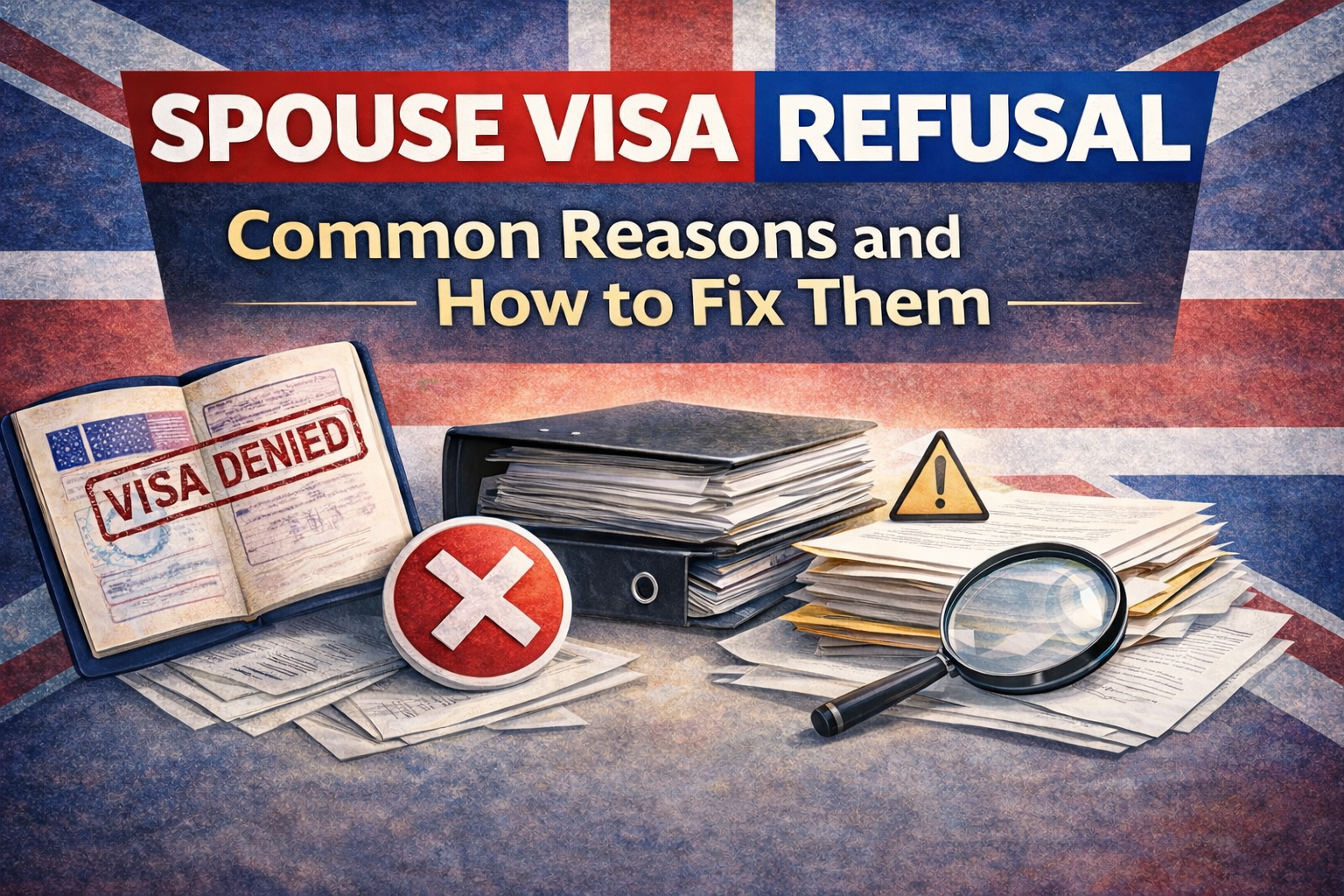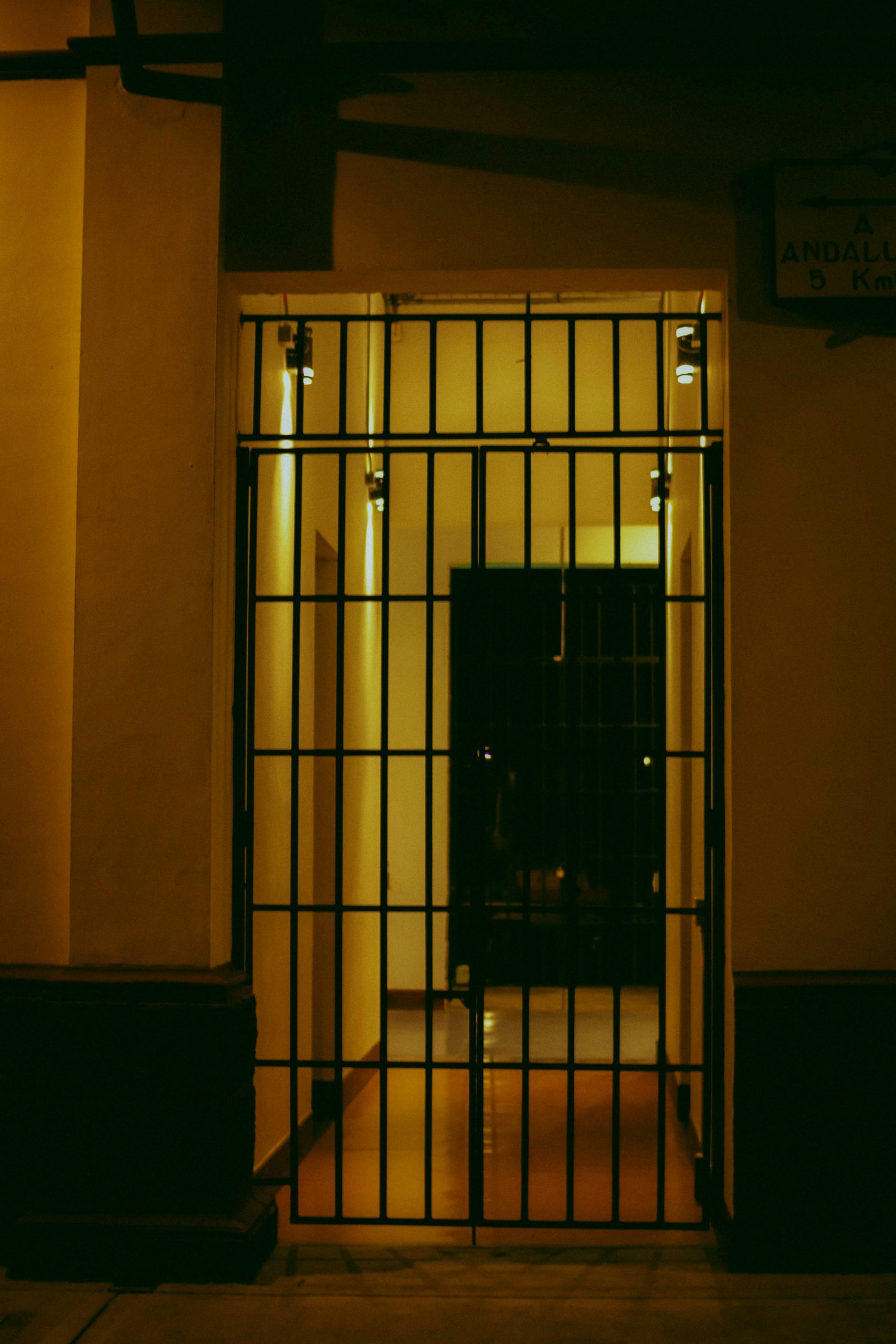A criminal conviction can have serious consequences on your immigration status in the UK. Whether you’re applying for a visa, already hold one, or hoping to secure Indefinite Leave to Remain (ILR) or British citizenship, your record will be closely scrutinised by the Home Office. In 2025, immigration policies place increasing emphasis on “good character” assessments — and even minor offences can lead to visa refusals or removals. This guide explores how convictions affect different visa routes, what the Home Office considers, and what options exist if you have a criminal record.
Do All Criminal Convictions Affect Immigration Applications?
Not all convictions will lead to automatic refusals, but they must always be disclosed. The impact depends on:
- The type of offence (e.g., violence, dishonesty, immigration-related)
- The sentence imposed (prison length, fine, caution)
- When the conviction occurred
- How many offences are on your record
Types of Convictions That Cause Problems
The Home Office uses a sliding scale to determine whether a conviction is serious enough to impact your immigration status.
Refusal is likely if you have:
- A prison sentence of 12 months or more
- Multiple convictions
- Offences involving violence, sexual harm, drugs, or terrorism
Other convictions (e.g. driving offences, theft) can still be a problem if:
- They occurred recently
- You have more than one
- They involved dishonesty
Good Character Requirement
This applies to:
- All British citizenship applications
- Indefinite Leave to Remain (ILR)
- Some visa extensions and switching applications
The good character assessment considers:
- Criminal convictions (spent and unspent)
- Immigration history
- Civil judgments or bankruptcy
- Behaviour in the UK and abroad
Even spent convictions must be disclosed for immigration purposes — the Rehabilitation of Offenders Act does not apply in the same way to visa or citizenship applications.
Examples of How Convictions Affect Visa Types
Spouse or Partner Visa:
- Convictions involving domestic abuse or false documents can trigger refusal
- Must declare all criminal history, even if the conviction is from years ago
Skilled Worker Visa:
- Employers may withdraw sponsorship due to convictions
- Visa may be revoked if criminal activity is discovered after issuance
Visitor Visa:
- Applicants with recent criminal records may be refused under Part 9 of the Immigration Rules (grounds for refusal)
Student Visa:
- Usually lower risk, but convictions involving dishonesty, violence, or drugs may lead to refusal
Impact on ILR and British Citizenship
ILR (Indefinite Leave to Remain):
- Applications will be refused if the applicant has:
- Been convicted and sentenced to 12+ months imprisonment
- Committed an offence within the past 24 months
- A pattern of behaviour (e.g., multiple fines, cautions) may be enough to warrant refusal
Citizenship:
- The good character test is strict
- Refusals are common for:
- Any custodial sentence in the last 10 years
- Non-custodial offences in the last 3 years
Tip: If you’re refused for citizenship, you can reapply after the relevant time period has passed — but you must still disclose all past convictions.
What If You Forget to Declare a Conviction?
Omitting or hiding a criminal record can be worse than the conviction itself.
Consequences include:
- Immediate refusal of your application
- Possible re-entry bans
- Revocation of existing visa or ILR
- Criminal prosecution for deception
Always be honest. Provide context or mitigating circumstances where appropriate.
Can You Still Apply With a Criminal Record?
Yes — but your chances will depend on the severity and timing of the offence.
Helpful evidence includes:
- Proof of rehabilitation (letters from employers, support workers, or community leaders)
- Evidence of good behaviour since the offence
- Personal statements explaining the context
Some applicants benefit from legal representation to build a compelling case and avoid permanent consequences.
What If You’re Convicted While Holding a Visa?
If you are convicted of an offence while in the UK:
- The Home Office may curtail your visa
- You could be placed under immigration bail conditions
- Removal action may be initiated depending on the severity
You’ll be notified in writing and given a chance to respond.
Deportation Orders vs. Removal
- Deportation Orders are issued after criminal convictions, especially if the sentence exceeds 12 months. These carry long bans and require special applications to revoke.
- Removals are for immigration breaches but are still serious. Even if you leave voluntarily, a ban may apply depending on your immigration history.
Summary: Best Practices
- Always declare your criminal record in full
- Understand the difference between spent convictions and immigration disclosure
- Avoid repeated minor offences — they add up
- Gather strong character references and rehabilitation proof
- Seek legal advice before submitting your application if you have a record
A criminal conviction doesn’t always mean the end of your UK immigration journey, but it does make it harder. With careful planning, transparency, and a strong case, many applicants with convictions have gone on to live and work legally in the UK.





